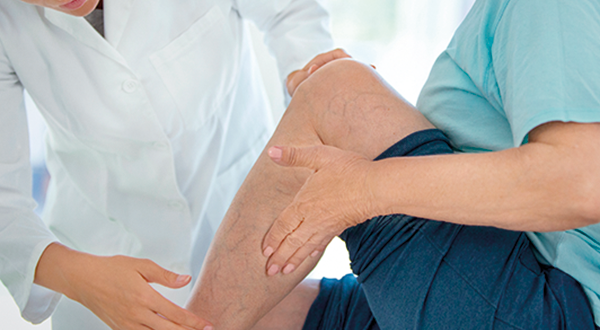
Have you ever felt tired with the arrival of spring? This symptom along with others like drowsiness, insomnia, headaches and difficulty concentrating are all typical of spring asthenia.
It isn’t a disease, it’s an adaptive disorder, a transient set of symptoms that usually lasts around 2 weeks. The condition is mainly caused by the body’s response to the change of time, temperature and light, all of which affect how the body’s biological circadian rhythms are regulated.
The origin lies in the hypothalamus, the gland responsible for governing things like body temperature, appetite, sleep and wakefulness. It’s very sensitive to light/dark variations, causing alterations in the secretion of certain hormones like endorphins (related to well-being and vitality), serotonin (involved in the regulation of mood and stress) and melatonin (linked to sleep).
Spring asthenia doesn’t need medication, treatment or vitamin supplements, but there are some things you can do to alleviate these effects or prevent them from appearing:
- Get ahead of the time change. Gradually adapt your routine to the new time before the clocks change.
- Have a good night-time routine. Spring asthenia affects the secretion of melatonin, hindering restorative sleep, so it’s important to have dinner two hours before going to bed, keep the bedroom clean and tidy and close blinds to make your bedroom as dark as possible.
- Stick to a regular sleep schedule. Try to sleep at least 7 hours and go to bed and get up at the same time every day.
- Take moderate physical exercise. Exercising at least 30 minutes a day releases stress and makes falling asleep easier.
- Eat a balanced diet. Adapt your diet to fit in with the new environmental conditions, avoiding ultra-processed foods containing a lot of sugar and calories and opting for fresh fruits and vegetables combined with rice, pasta, legumes and roots vegetables. Lentils and quinoa are essential for this time of year, as they provide group B vitamins plus minerals like iron and fibre.
- Stay hydrated. With changes in temperature, the body needs more fluids to regulate itself.
- Avoid smoking and don’t drink alcoholic or caffeinated beverages.
If symptoms persist for more than two weeks, it’s advisable to consult a medical practitioner in case they’re related to other health problems.












